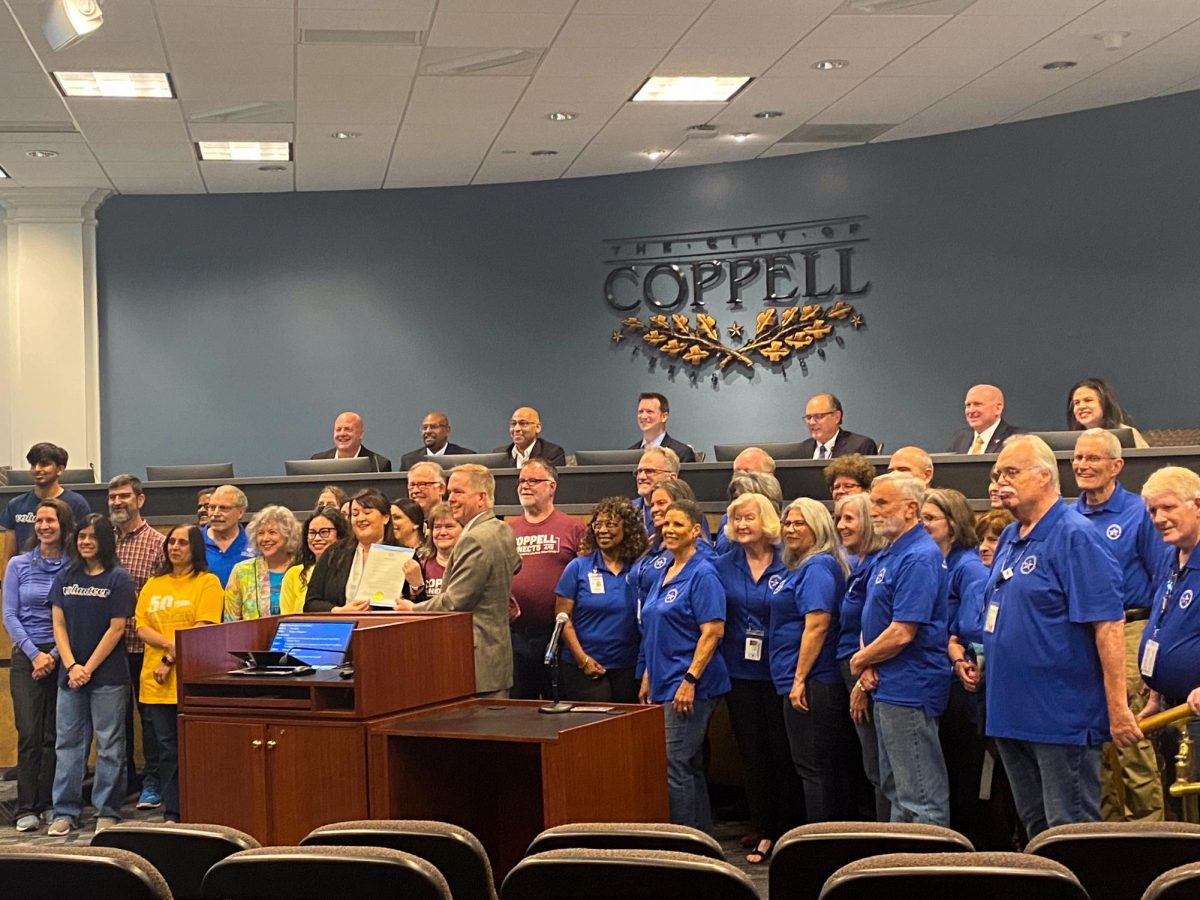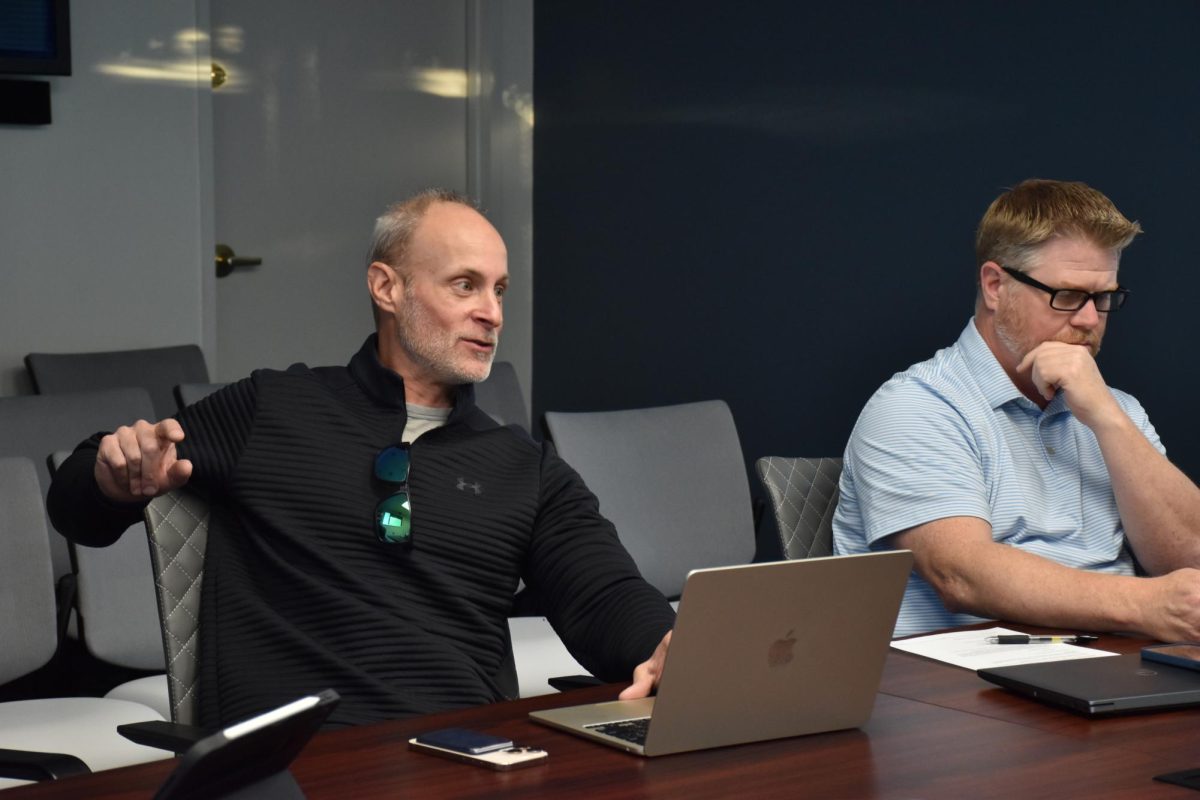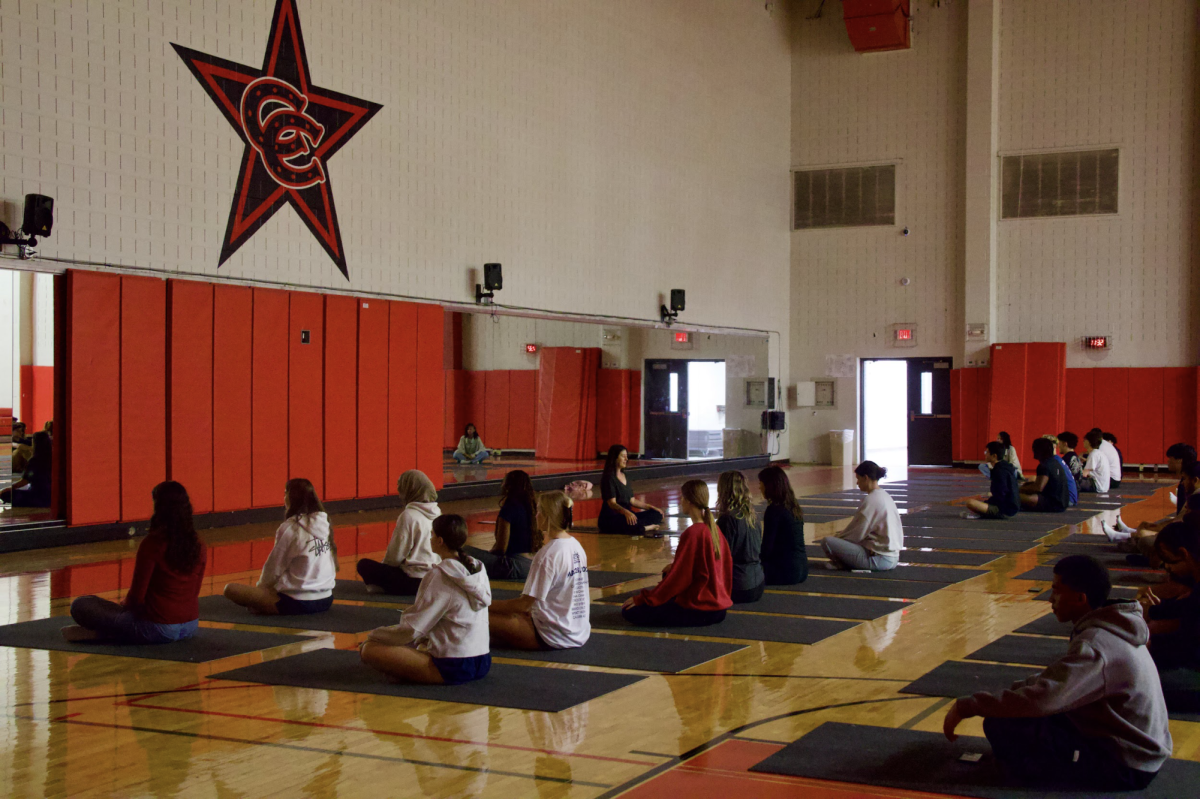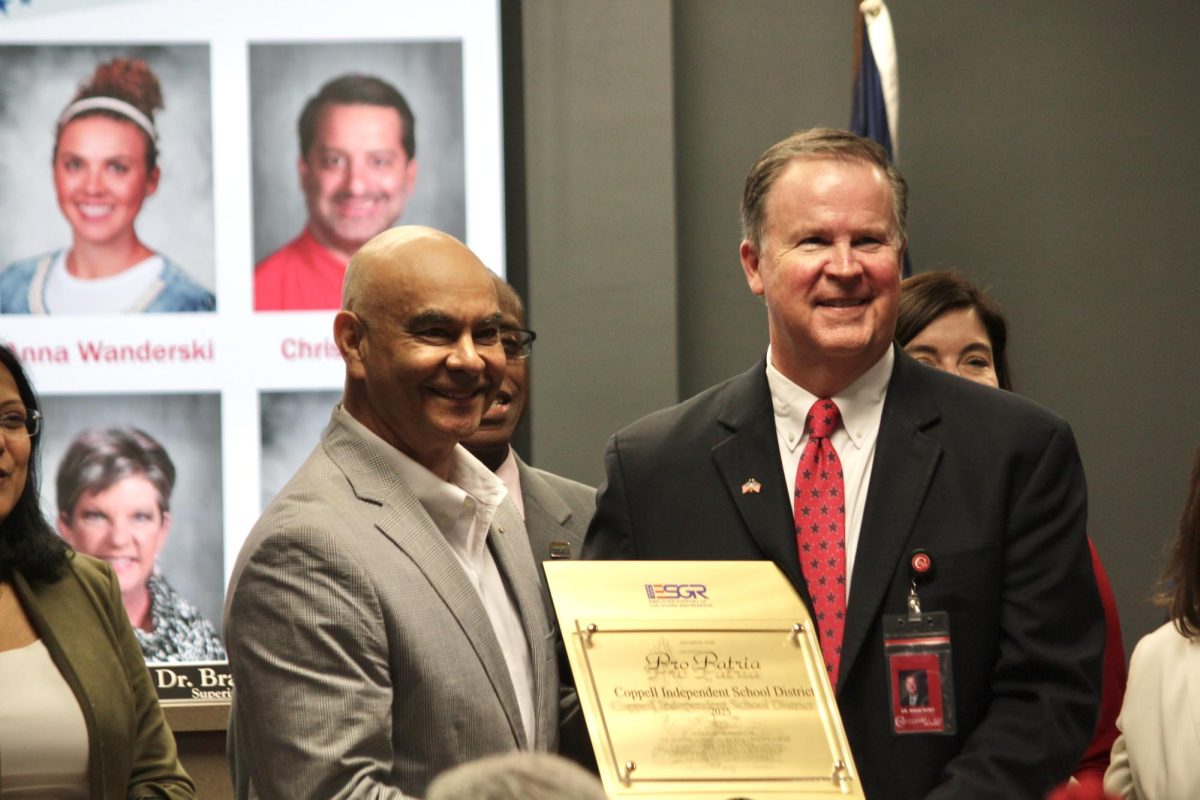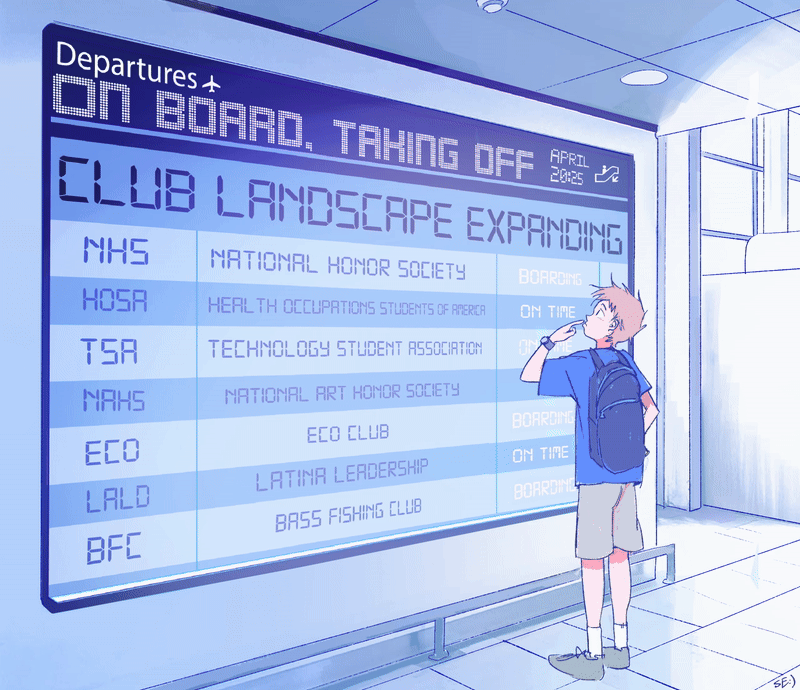Recess isn’t quite what it used to be with fewer kids than ever racing down slides and climbing over monkey bars. As cafeteria tables become increasingly empty, the vacant seats pose one question: where did the kids go?
Coppell ISD is experiencing an overall drop in elementary school enrollment. The number of kindergarteners, first graders and second graders enrolled in CISD public elementary schools has declined since 2018.
Zonda, a company specializing in providing data and market analysis for the housing industry, gathered specific data from Coppell that can shed light on this trend.
This year, according to Zonda, there is a 351-student difference between the kindergarten and senior classes. Over the next decade, as these kindergarteners grow into seniors, there will be smaller enrollment numbers throughout the entire primary education schooling system from K-12. Zonda projects kindergarten enrollment to decrease anywhere from 3-7% every year, as it has in the past few years.
“Ten years ago, we had an equal distribution of all ages of kids moving into and out of the district,” said Bob Templeton, vice president of the school district segment for Zonda. “Now there’s a large bubble of students exiting the district and a smaller bubble coming in.”
According to Templeton, one of the possible causes of this low elementary enrollment is the desire for alternative education in Coppell. According to Zonda, despite the 2017 birth rate in Coppell being the highest in over 10 years, only 64.3% of these kids chose to attend kindergarten in the city’s public schools this year. This is a record low for Coppell. Instead, Templeton says hundreds of parents opt for charter schools, private schools, homeschooling or transfer to different districts.
Even just four years back, 79.7% of students born in Coppell continued on to public schools. There is more than a 100-student gap in enrolled students between those four years.
Undeniably, alternative education contributes to the declining enrollment of young children, but more than anything else – it’s about real estate.
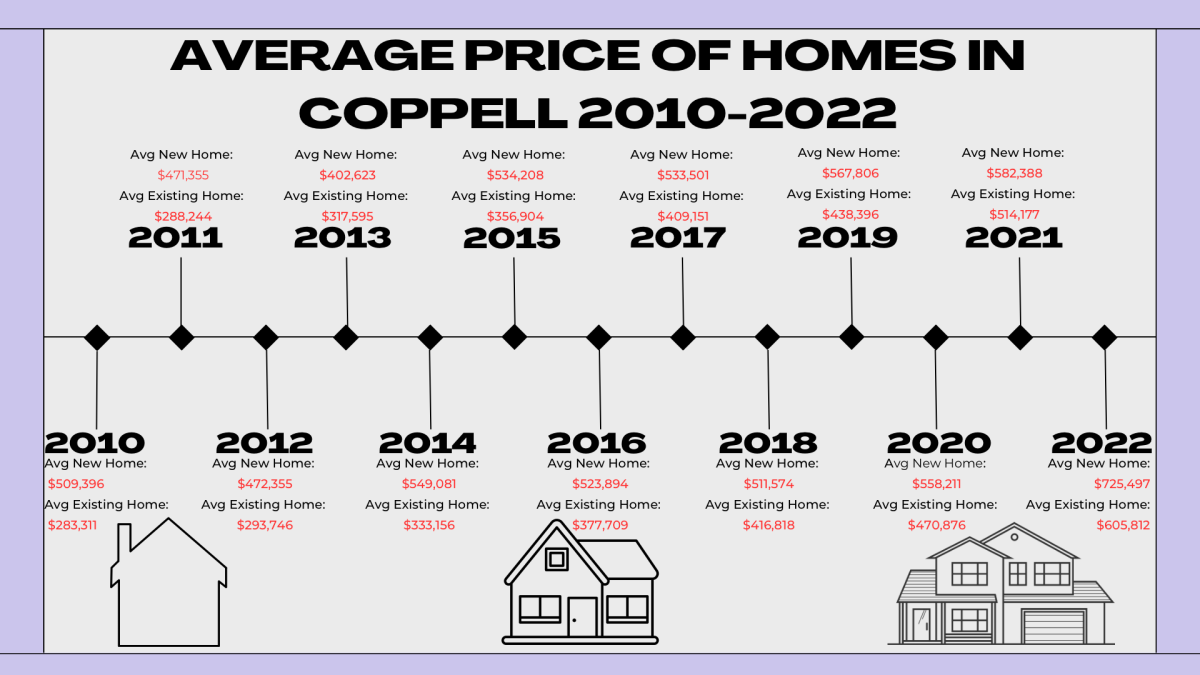
The average price of a new home in Coppell last year was $725,497, a price far exceeding the city’s previous housing costs. Over the past decade, there has been a withstanding upward trend in Coppell housing prices, but at an over $140,000 increase in average home cost from 2021 to 2022, there are concerns regarding the rapidly increasing house prices.
It boils down to the fact that Coppell isn’t just losing kids; it’s losing space.
“Coppell is built out,” Mayor Pro Tem John Jun said. “We don’t have any more room.”
A city with over 140 years of history, Coppell can no longer grow. The town is developed with buildings, businesses and housing with almost every rare parcel of empty land having plans for future development.
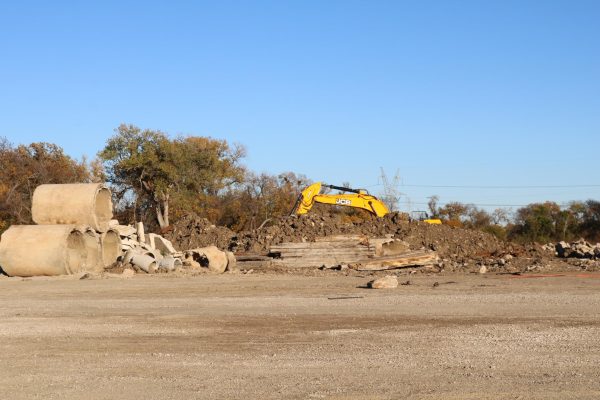
(Maddy Park)
With little space left for new housing, families with young kids desiring to move to Coppell must buy a spot from a previous resident looking to sell their home. But these types of residents are becoming hard to find.
Although Coppell is known for its education, empty nesters seem to keep their love for the city long after their kids graduate.
“Coppell is a desirable area to live in,” Jun said. “I came to Coppell 24 years ago. From when I first drove in, I fell in love with the atmosphere, and I stayed because of the kids and I stayed because of the family-oriented community we have. The city will continue to provide a high quality of life as much as possible, and that means many residents will want to stay even after their kids are out of the house.”
With no space left for new houses and a declining supply of existing homes, the only opportunities newcomers have for a spot in Coppell are the housing developments currently being built. With excess demand for the city and so little supply of homes and land, these new communities have exorbitant housing prices.
Blackberry Farm, a gated community under construction, features custom homes ranging from $1.5 million to more than $2.5 million. Not lagging far behind, the new Red Hawk garden home community has house listings from $1.2 million to more than $2 million.
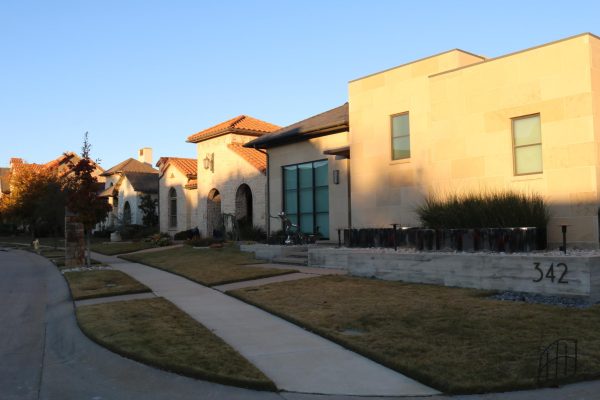
These listings are far from affordable prices for the average young family. It hinders a lot of newcomers who want to raise families in the Coppell community. With the lack of new families and new kids entering the city, it’s inevitable that Coppell will continue to lose enrollment in public elementary schools.
The biggest problem this creates for CISD is funding.
“Adjusting for inflation and the increased costs of everything related to operating our schools would require an increase of $1,000 per student,” CISD trustee Nicole Bentley said. “That is how insufficient per student funding under the current formula is.”
According to Bentley, the state’s educational funding is tied to the number of students attending school each day. So, as kindergarten classes continue to dwindle, Coppell is sure to build a larger deficit per student.
Despite the predicament, Texas is doing little to support CISD. Last year, Texas had a budget surplus of more than $27 billion, a record-breaking high. But there have yet to be any bills passed to allocate a portion of the surplus towards education. This means that CISD has received zero additional dollars of funding from the extra $27 billion Texas had last year.
“The problem becomes how you handle and take care of the students that you have, knowing that enrollment is going to decline for the next five years at least,” Templeton said.
Past CISD budgets have already shown millions of dollars in deficits. If budgets take even further cuts, Coppell will have to take action, yet there only seems to be two possible solutions.
The Board of Trustees may be forced to propose increasing taxes, shifting the burden of education funding onto residents. Otherwise, they would have to decrease spending. This could mean redrawing boundaries, re-evaluating operation costs, cutting staff and shutting down schools.
For now, the district will pull from its financial reserves if it encounters a budget deficit according to a Board of Trustee decision, but there have yet to be long-term plans in place to keep funding stable.
Follow @CHSCampusNews on X.





